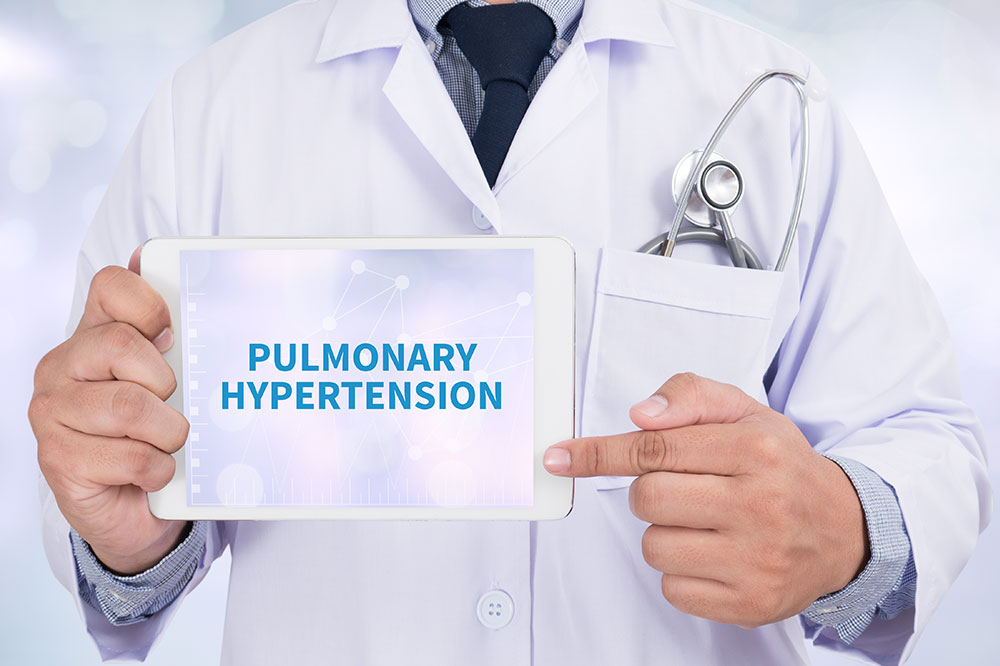
5 Common Symptoms of PAH
Pulmonary Arterial Hypertension (PAH) is high blood pressure in the arteries that run from the heart to the lungs. It is a serious health condition that can severely affect an individual quality of life. Early diagnosis can facilitate proper treatment, preventing flare-ups and complications. Identifying these signs and symptoms of PAH can help an individual get timely medical assistance.
1. Breathlessness
Most people usually have the condition long before they realize that something is amiss. One of the first signs and symptoms of PAH is shortness of breath with everyday activities. This occurs due to blocked or narrowed arteries in the lungs that render the body unable to receive adequate fresh, oxygenated blood. This can especially cause issues when exercising, when the heart needs to work much faster than usual. Consequently, simple tasks like cleaning the housing, walking a few blocks, or climbing the stairs may leave an individual breathless.
2. Dizziness and fatigue
Feeling fatigued or out of shape may be one of the first signs of this condition, so PAH might often be misdiagnosed as several factors can lead to fatigue. When the lungs cannot get adequate blood flow, the brain and the body do not get ample oxygen supply either. And performing routine tasks gets difficult without adequate oxygen in the blood. So, one’s legs may feel tired after a short walk, and their thought process and brain may seem to work slower. Additionally, a lack of oxygen supply to the brain can lead to fainting spells or dizziness.
3. Swelling in the limbs
Edema or swelling in the feet, legs, and ankles are also common signs and symptoms of PAH. The swelling is a result of the kidneys being unable to flush out waste from the body. The risk of fluid retention elevates with time, so people who have had PAH for longer are more likely to develop it.
4. Blue lips
The heart pumps oxygen-rich blood tp all parts of the body, and this is required to fuel organ functioning and physical activities. When the red blood cells supply inadequate oxygen because of PAH, the organs fail to function optimally. Low oxygen levels can cause the lips and skin to appear bluish, and this condition is known as cyanosis.
5. Chest pain and irregular heartbeat
PAH heightens the pressure in the heart, so the heart’s muscles have to overwork to meet the body’s needs for oxygenated blood. This may weaken the muscles, and a weak heart is unable to work well. Over time, this may become the cause of heart palpitations, a racing pulse, and an erratic heartbeat.
The signs and symptoms of PAH may differ from one person to another, and the treatment depends on the symptoms. So, the treatment method that works for one person might not work for another.


